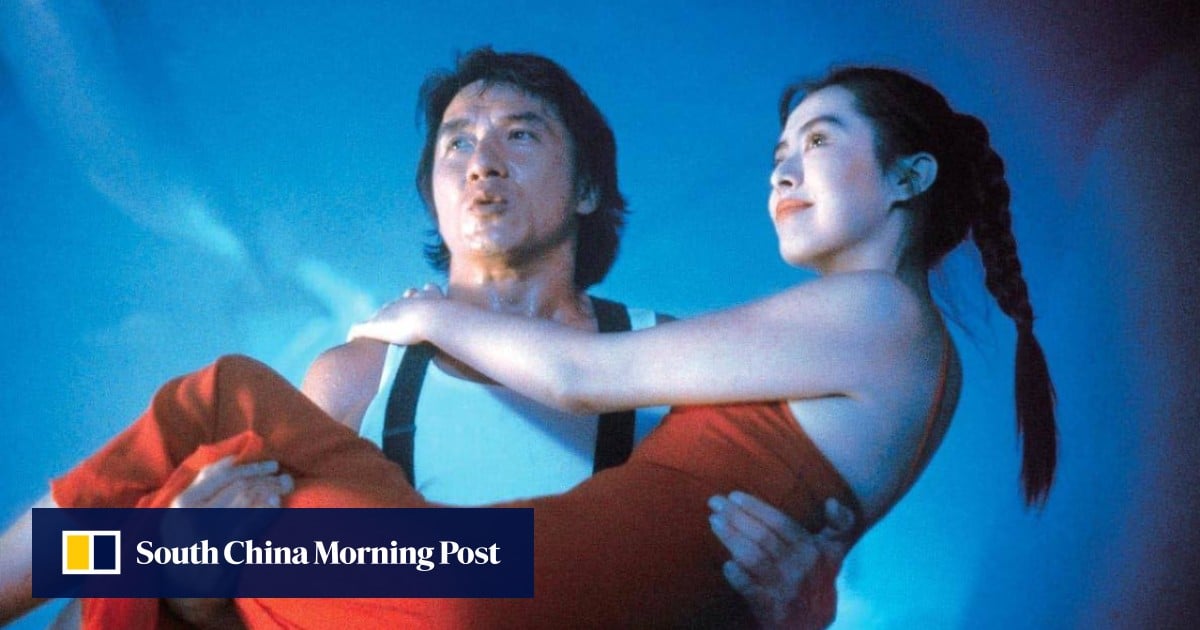Soon afterwards she was noticed by Shaw Brothers producer Mona Fong Yat-wah, who convinced Wong to move to Hong Kong to pursue film roles.
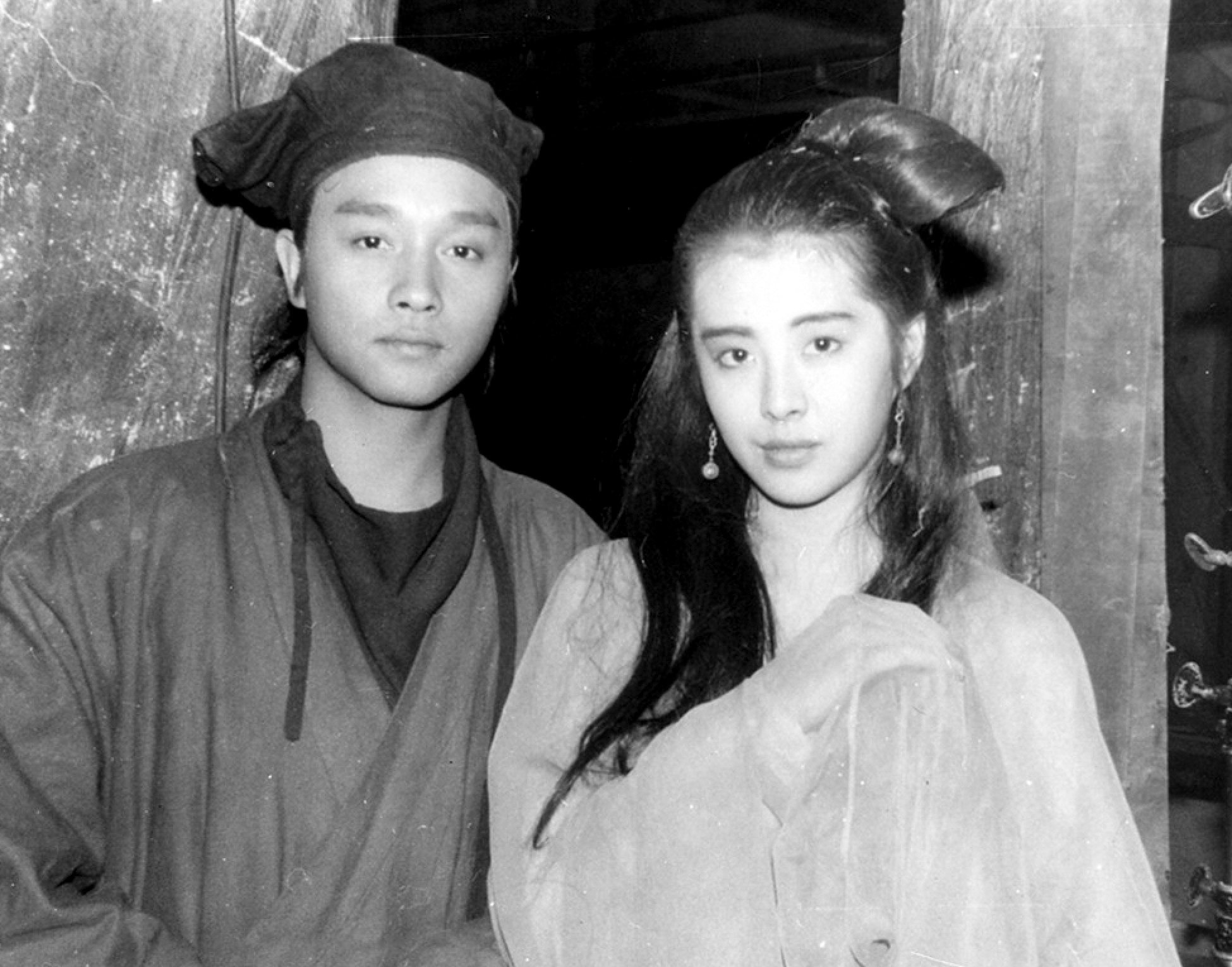
Wong had originally been passed over for the role. “[Film producer] Nansun Shi had called me, saying that she was working on a film that she wanted me to be a part of,” she said on then Hong Kong broadcaster ATV’s Celebrity Talk Show in 1989.
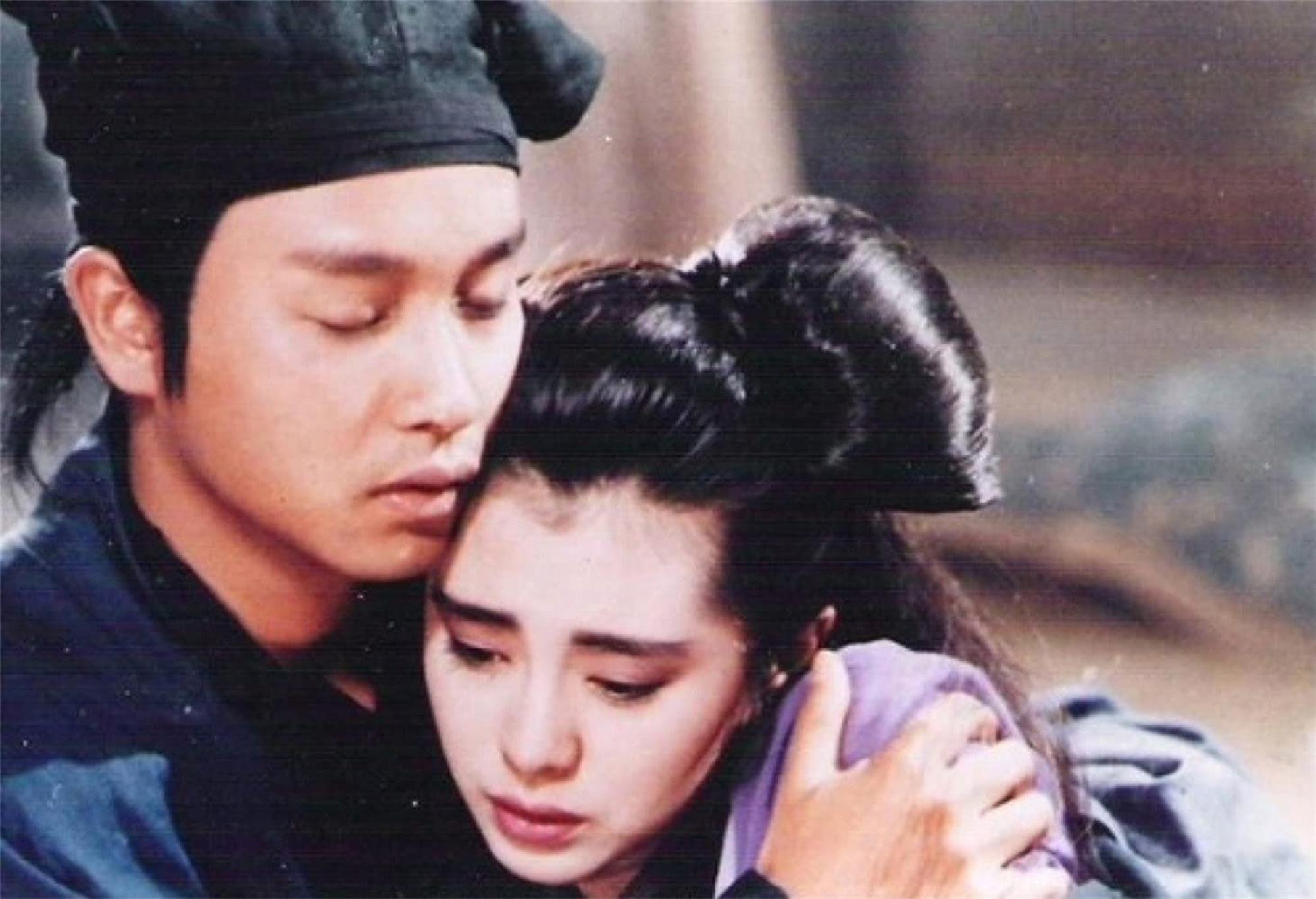
“At the time, I saw in the newspaper that A Chinese Ghost Story was about to start filming, but the female lead was not set yet. I thought, I really like the name of it, and I’ve already thought about the character.
“So when Nansun called again, I told her, ‘There’s a film you’re working on called A Chinese Ghost Story, right?’ I said, ‘How about this, I really want to be a part of it. Can I go and audition?’”
Shi said she had previously considered Wong for the role, but that she was too tall for it. Nonetheless, the actress persisted. Wong tried out for the role the next day and, once she was in full hair and make-up, Tsui was convinced she was right for the character.
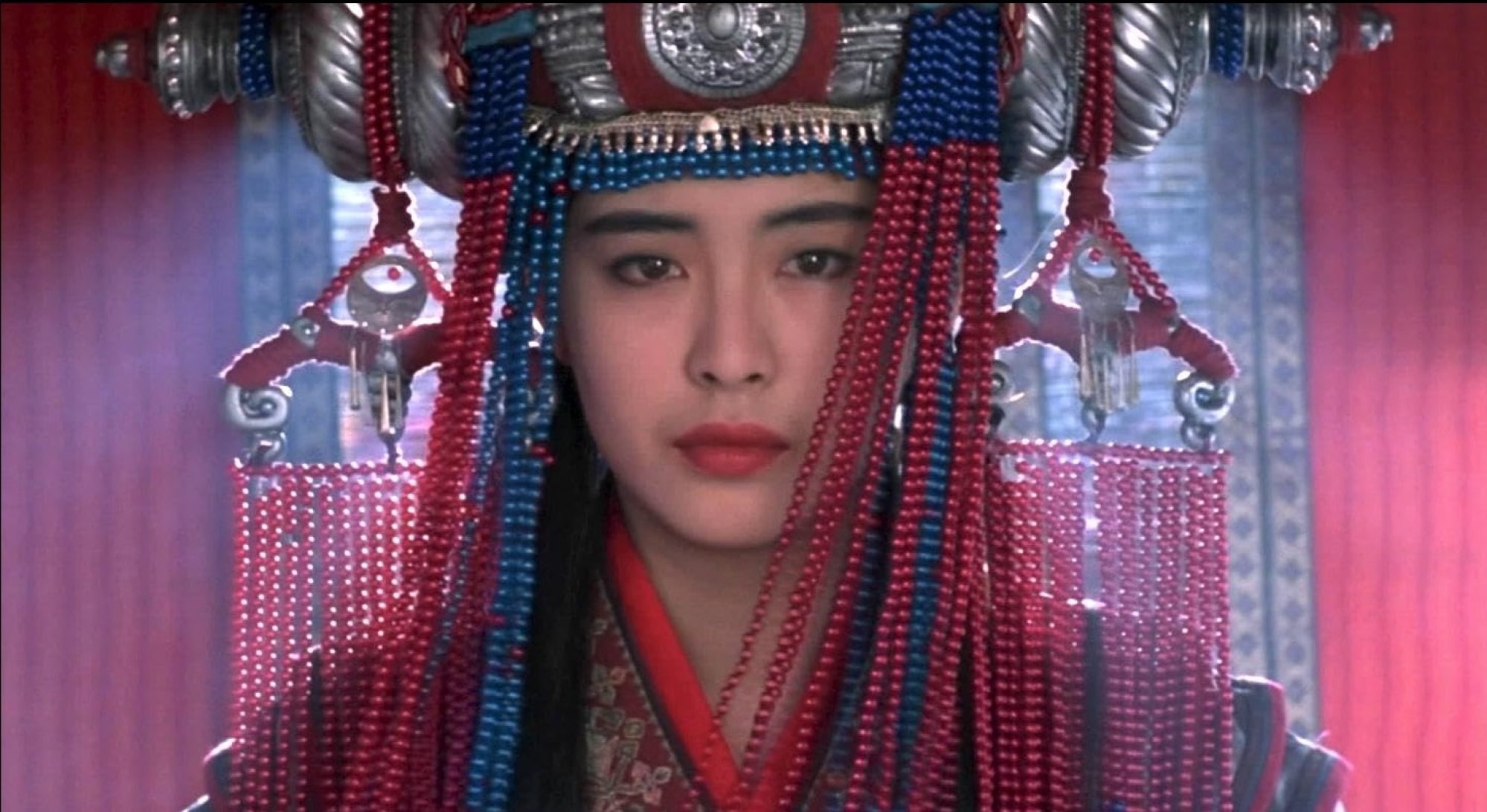
“As an actress, you shouldn’t be scared,” Wong said. “Just try. If it’s a good [role], chase for it if you feel like you have the ability to do it.”
A Chinese Ghost Story went on to gain cult status across Asia, including South Korea, Japan and mainland China, even though it was not screened in the latter market when it was first released.
It also made its way around the awards circuit, winning five categories in the 24th Golden Horse Awards – including best feature film – in Taiwan and garnering a best actress nomination for Wong in the 7th Hong Kong Film Awards.
Wong went on to star in a number of films, often taking on similar supernatural and ghostlike roles, including in A Chinese Ghost Story II (1990) and A Chinese Ghost Story III (1991).
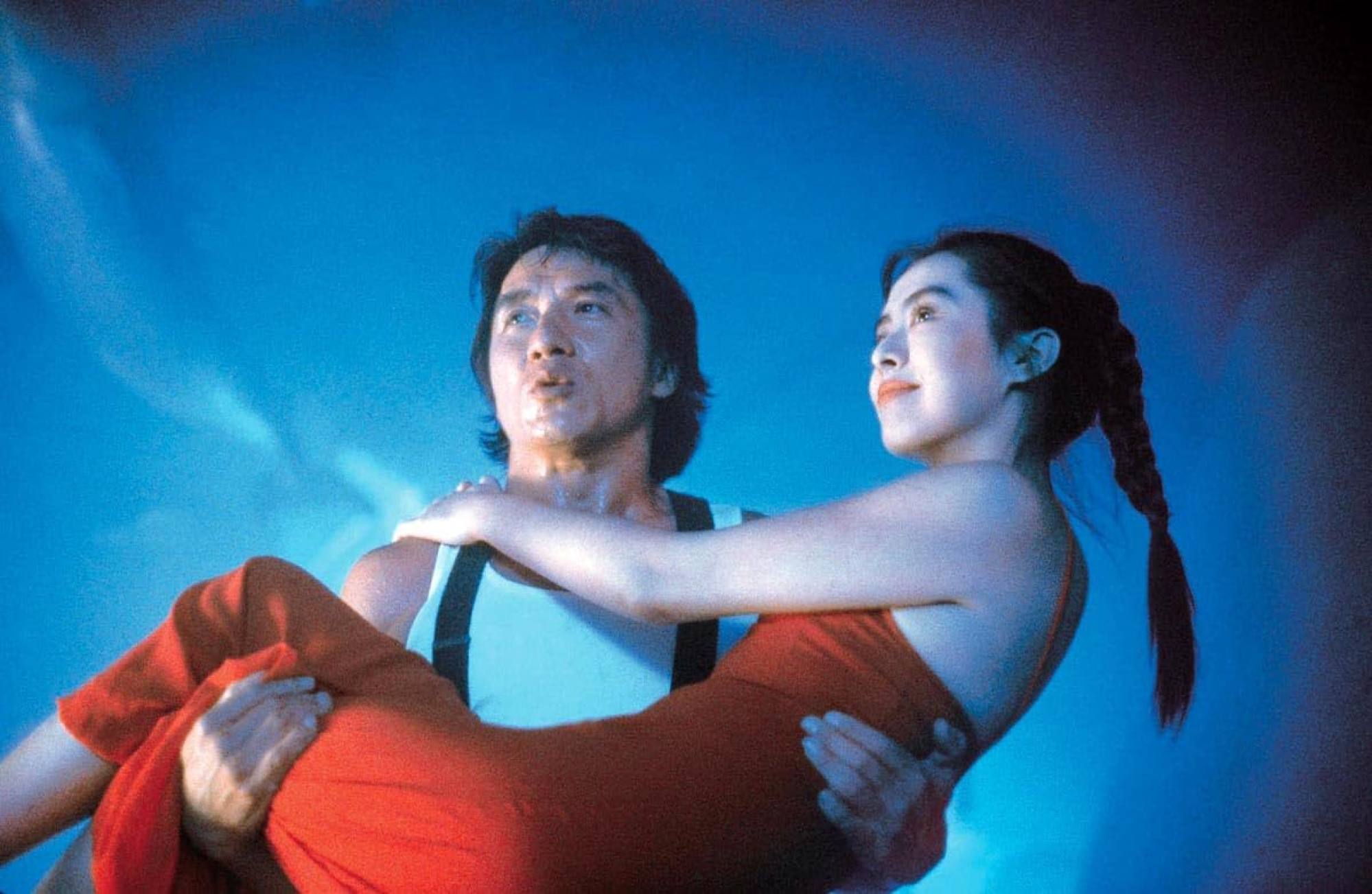
Among the other films Wong starred in are The Reincarnation of Golden Lotus (1989) and Demoness from Thousand Years (1990). Wong also appeared in the Japanese film Woman from Hong Kong (1991).
Another director Wong often worked with is Tsui Hark, who directed Green Snake (1993), a fantasy drama based on Lilian Lee Pik-wah’s novel of the same name.
In the film, Maggie Cheung takes on the role of the Green Snake spirit while Wong appears as the White Snake; the two sisters take on human form as they seek to seduce mortals who catch their eye and to integrate themselves into the human world.
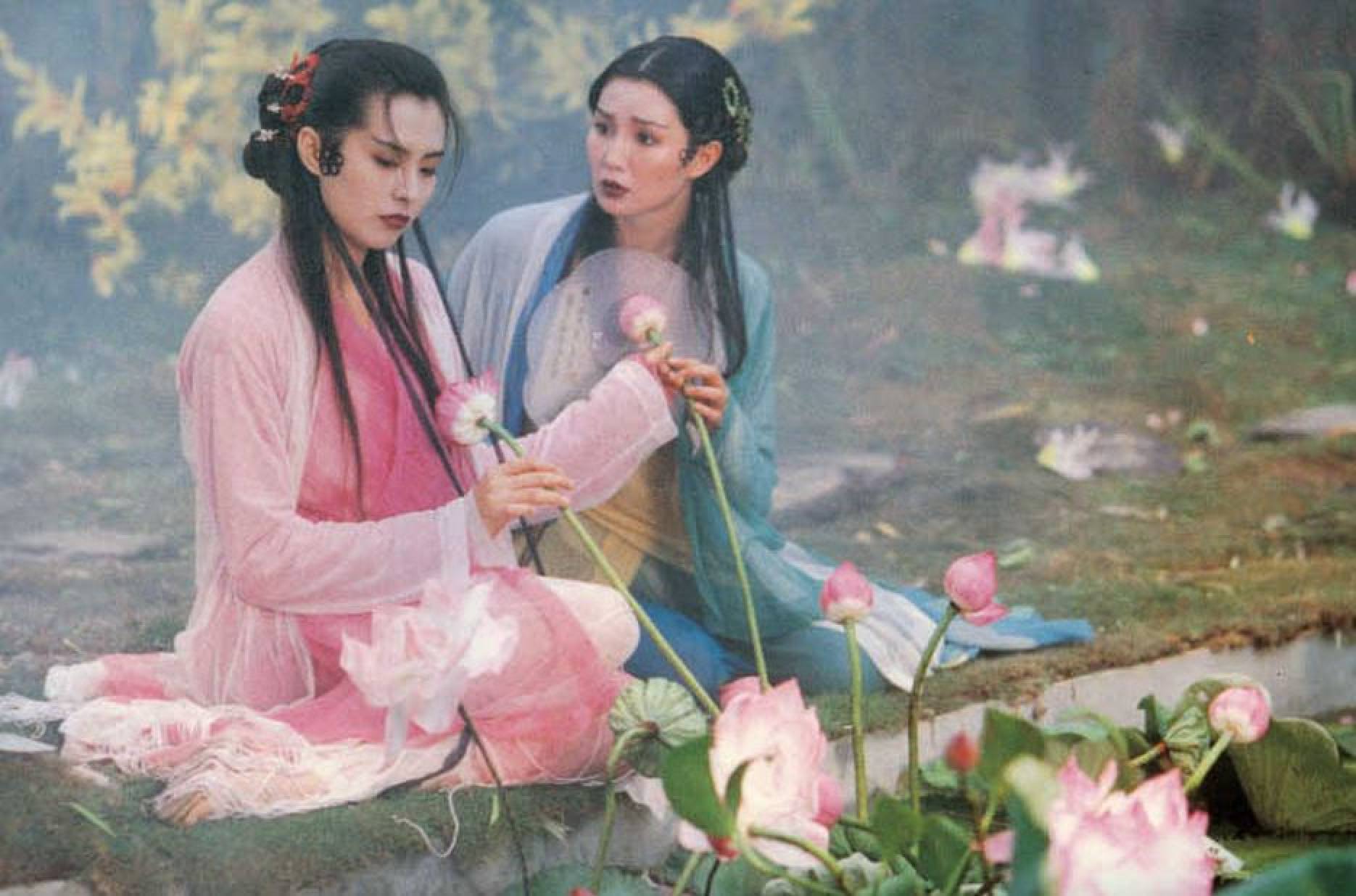
Aside from acting, Wong has also released several singles. She made her debut as a singer in 1992 with the song “Hold You in My Arms Forever”, and later released an album, Isolation.
Like fellow actress Cherie Chung, Wong stepped out of the public eye at the height of her career, retiring from the entertainment industry in 1994. She made a brief return in 1997, when she appeared in the Japanese film Peking Genjin, and appeared in a Japanese television series called Seikimatsu no Uta in 1998.
Wong has only appeared in two films since then. One was Peony Pavilion (2001). On ATV’s Super Celebrity Talk Show in that year, she said of shooting the film: “For me, I think it’s a movie worth remembering, and it’ll give me beautiful memories.” She followed that with Shanghai Story (2004).
Away from the screen, the actress had a 16-year on-off relationship with Taiwanese actor and singer Chyi Chin that began in 1985.
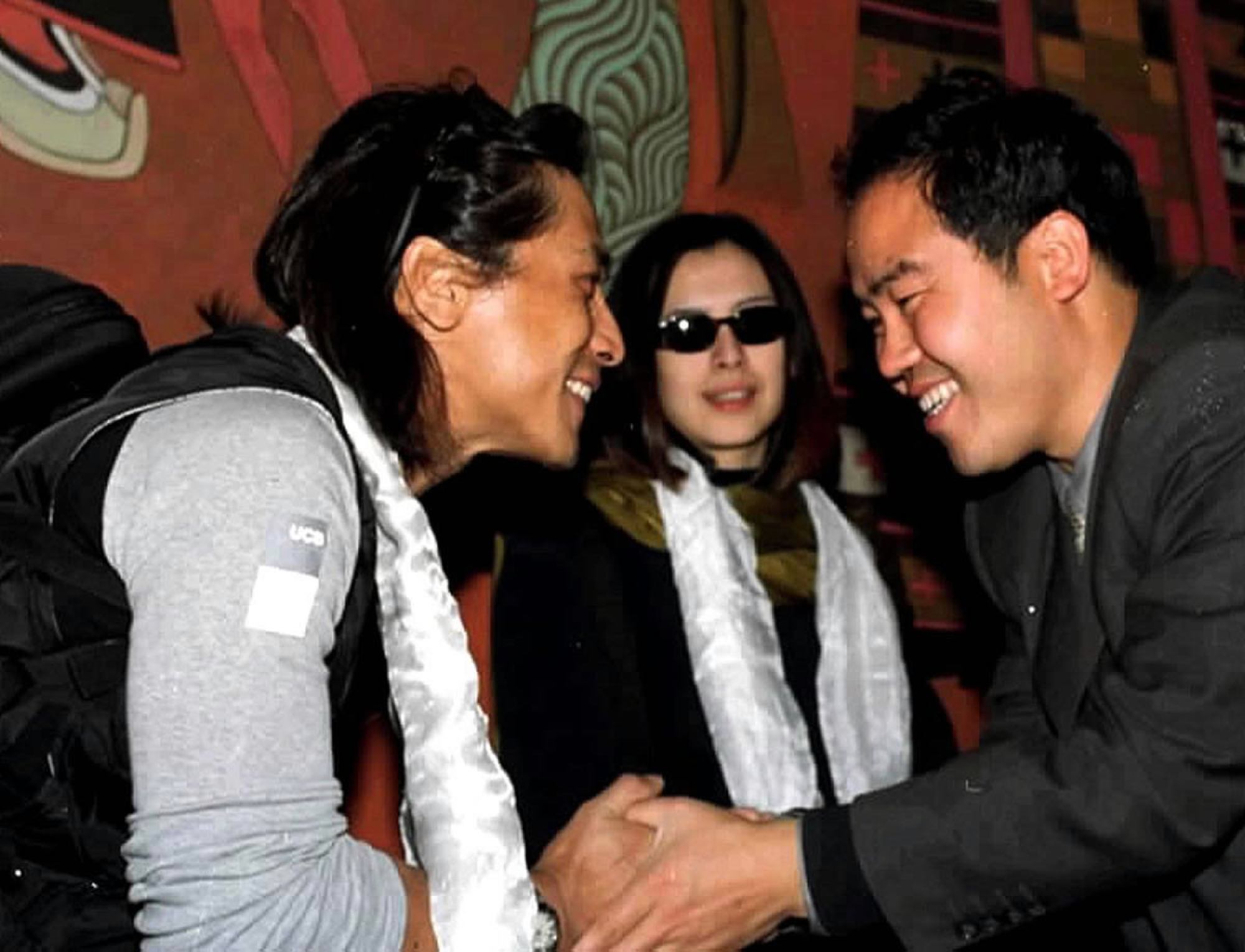
After breaking up and getting back together several times – during one of those breaks, she had a relationship with tycoon Peter Lam Kin-ngok, who was married at the time – Chin and Wong finally called it quits in 2002.
Although the actress said in 1989 that she felt getting married was a rite of passage for a woman, she said in her 2001 talk show appearance that she had never considered marriage, even though she had been involved with Chin for 15 years at the time.
“In my dictionary, there was never the word marriage. I never considered it,” she said.
“For marriage, a couple has to meet at a spiritual level and reach a consensus – only then can you spend a lifetime together. I’ve always thought that in one’s life, you might never be so lucky as to meet someone who shares the same spiritual level as you.”
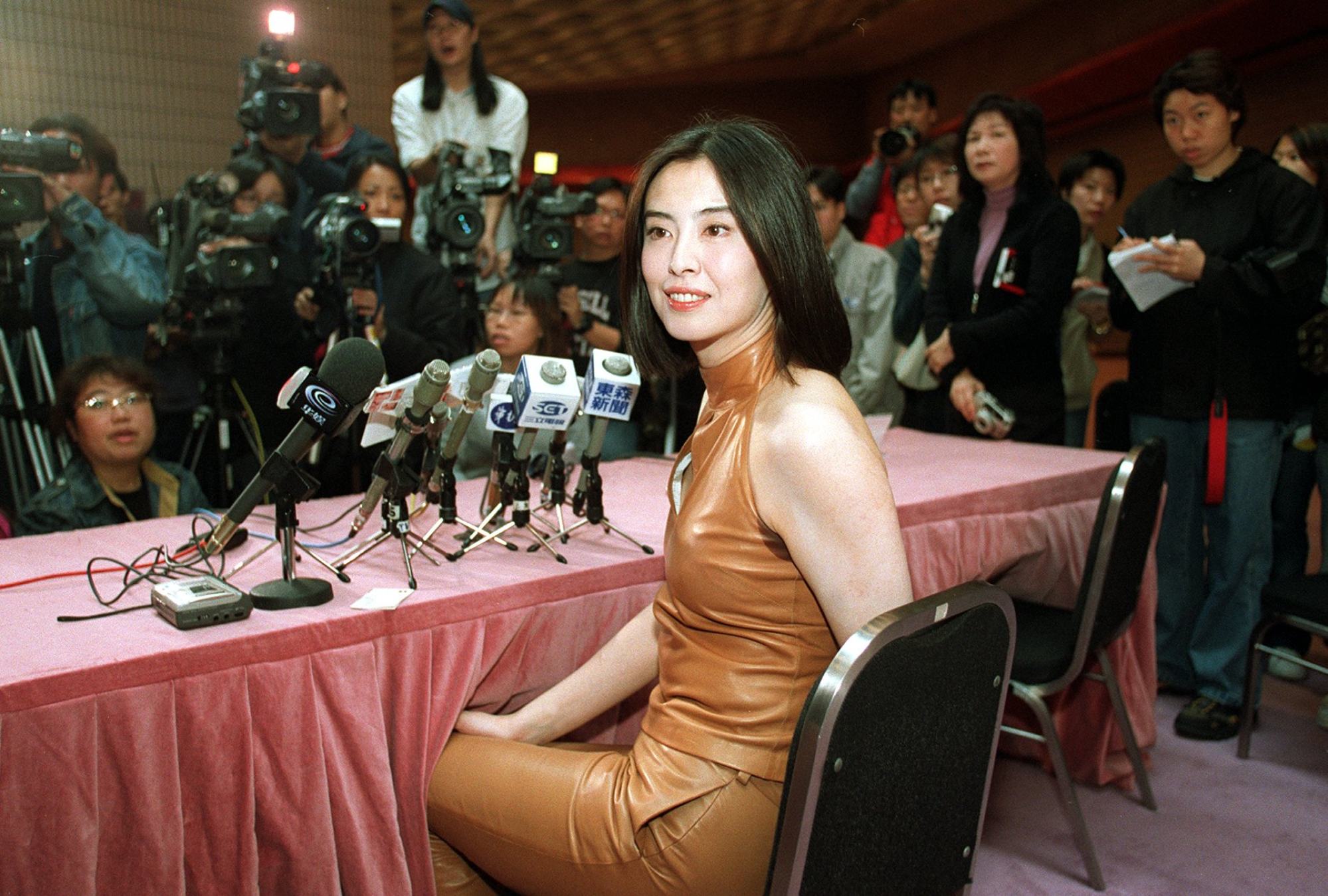
Wong now lives in Canada completely away from the public eye, though fans have got brief glimpses of her.
“In life, [performing] is just one particular stage. If you change the stage, you can still enjoy it. Life is a whole play,” she said in 2001.

